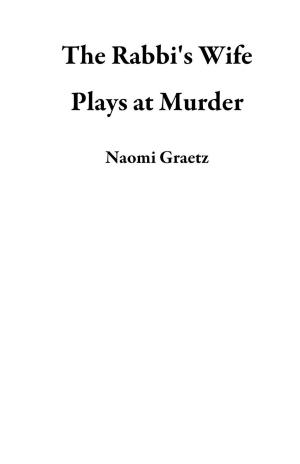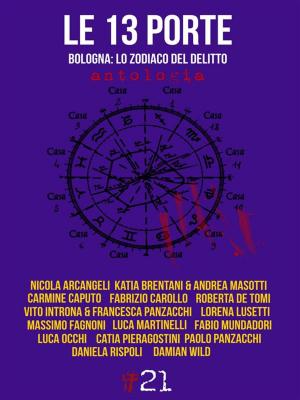| Author: | Ilya Ilf, Yevgeny Petrov | ISBN: | 1230002496849 |
| Publisher: | Hunter College 1960 | Publication: | August 24, 2018 |
| Imprint: | Language: | English |
| Author: | Ilya Ilf, Yevgeny Petrov |
| ISBN: | 1230002496849 |
| Publisher: | Hunter College 1960 |
| Publication: | August 24, 2018 |
| Imprint: | |
| Language: | English |
This is absolutely amaazing humorous detective story.
The plot of The Twelve Chairs is very simple. The mother-in-law of a former nobleman named Vorobyaninov discloses on her deathbed a secret: she hid her diamonds in one of the family's chairs that subsequently was appropriated by the Soviet authorities. Vorobyaninov is joined by a young crook named Ostap Bender with whom he forms a partnership, and together they proceed to locate these chairs. The partners have a competitor in the priest Vostrikov, who has also learned of the secret from his dying parishioner.
The competing treasure-hunters travel throughout Russia in searching of treasure. The events described in the novel are set in 1927, that is, toward the end of the period of the
New Economic Policy, which was characterized by a temporary truce between the Soviet regime's Communist ideology and limited private enterprise in commerce, industry and
agriculture.
This is absolutely amaazing humorous detective story.
The plot of The Twelve Chairs is very simple. The mother-in-law of a former nobleman named Vorobyaninov discloses on her deathbed a secret: she hid her diamonds in one of the family's chairs that subsequently was appropriated by the Soviet authorities. Vorobyaninov is joined by a young crook named Ostap Bender with whom he forms a partnership, and together they proceed to locate these chairs. The partners have a competitor in the priest Vostrikov, who has also learned of the secret from his dying parishioner.
The competing treasure-hunters travel throughout Russia in searching of treasure. The events described in the novel are set in 1927, that is, toward the end of the period of the
New Economic Policy, which was characterized by a temporary truce between the Soviet regime's Communist ideology and limited private enterprise in commerce, industry and
agriculture.















